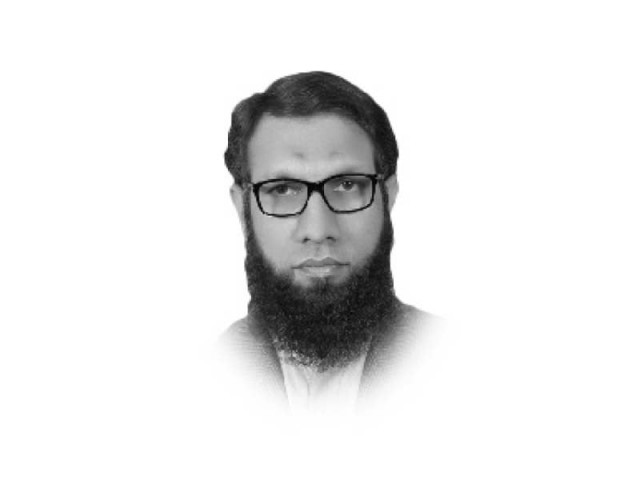The crucial phase ahead
A long way to go to make Afghanistan a stable and prosperous country

After the fall of Kabul to Taliban, without much resistance from the Afghan security forces, conditions on ground seem to be getting better but there is a long way to go to make Afghanistan a stable and prosperous country. Having fought for over two decades and grown up in the Internet era, Taliban are believed to have developed a different outlook on life. They have mastered the art of public relations and propaganda using social media and other technological tools of communication besides acquiring unique skills of guerrilla warfare. They, however, still lack deep appreciation of governance and complex international relations and it is what that will stretch them to limits.
Citizens of any country in the 21st century, regardless of their race, religion, or gender, have rising expectations from their governments in providing them affordable healthcare, education, job opportunities, and civic services in addition to safe and enabling environment to harness their full potential. It would be naïve to think that people just want peace without economic opportunities and political participation. A country, where people do not have freedom or their rights are usurped by the state on one pretext or other, should prepare itself for the eruption of volcano any time. Peace maintained by force does not last long!
Given the complexity of socio-economic problems, it is difficult if not impossible, to deliver public services efficiently and effectively using outdated governance structures. The governance models, in vogue in the Muslim world before the advent of science-driven industrial revolution in the West, may not be much relevant today. The world has gone a radical transformation thanks to the establishment of international order (epitomised by the UN), cultural integration (a by-product of globalisation), and technological breakthroughs. No country, however powerful, can afford to live indifferent to such developments. Every government has to align its policies and structures to the global imperatives to avoid international isolation and domestic backlash.
The Taliban must have learned some lessons from their previous rule. They did establish law and order in Afghanistan (mainly through coercive means), but they did nearly nothing to bring about qualitative change in the lives of people. They rather treated the people, particularly women, harshly. Taliban were least pushed by international outcry against their harsh treatment of women and minorities and this is why they were never recognised as legitimate rulers of Afghanistan. Only Pakistan, Saudi Arabia, and the UAE had recognised their rule for some political and geo-strategic reasons.
Instead of engaging the Taliban, the US went ahead with its hegemonic policies and militarism in solving ideological problems in the Muslim world. Historically, it has interfered in the affairs of Muslim states, violated their sovereignty, and has often installed puppet regimes to serve its strategic interests. It defined for them what their economic, social and political systems should be and how best can they serve their interests. It used the so-called international institutions like UNO, IMF, and WB etc to impose its will on them in addition to exploiting their natural and human resources. It is the land of opportunity for its people and a land of evil for others particularly the Muslims who happen to be the victims of their rich natural resources and impotent population.
It is time both for the US and the Taliban to revisit their earlier worldviews and subscribe to a just world order. Humanity has already been reeling under the Covid-19 pandemic, climate change, income inequality within and between countries, and the era of fake news and conspiracy theories fuelling hyper-nationalism. The only way forward for the survival of humanity is for individuals and states to transcend their narrow nationalistic and ideological interests for the greater benefit of everyone and everywhere.
Published in The Express Tribune, August 28th, 2021.
Like Opinion & Editorial on Facebook, follow @ETOpEd on Twitter to receive all updates on all our daily pieces.















COMMENTS
Comments are moderated and generally will be posted if they are on-topic and not abusive.
For more information, please see our Comments FAQ